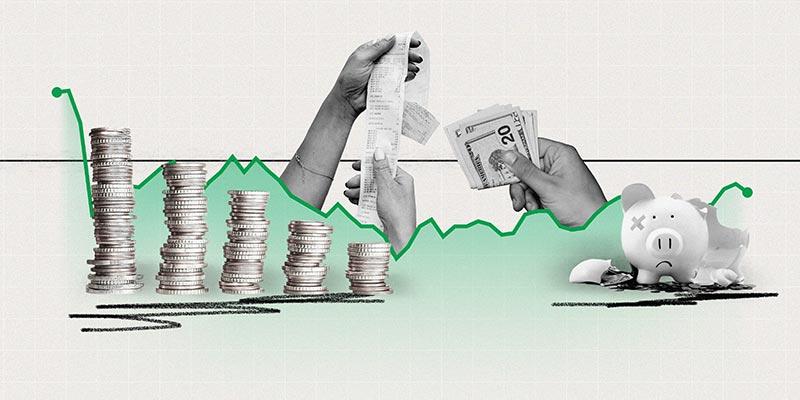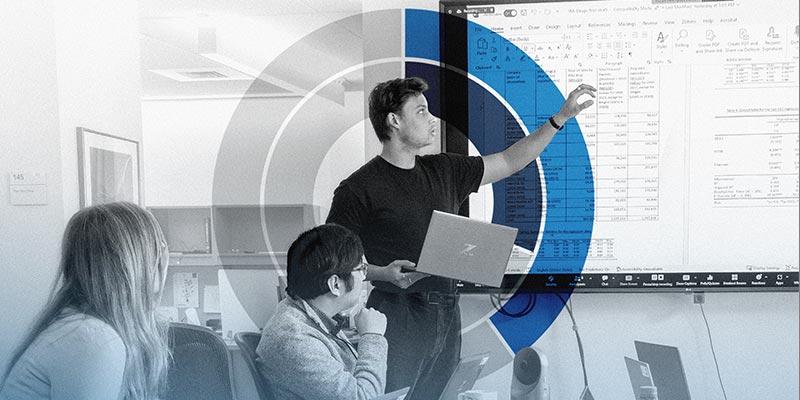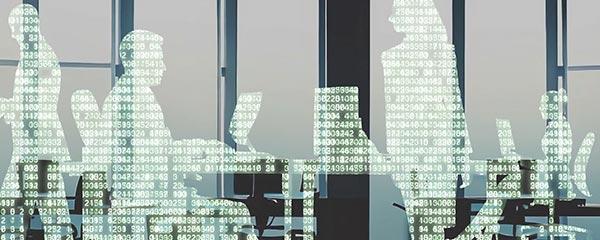Jobs
Explore ║┌┴¤═°'s research.

January's ECI reading of -19, down slightly from December, reflects an uptick since October that masks improved ratings from Republicans and worsening ratings from Democrats just before Trump began his second term.

Americans' ratings of the honesty and ethics of 23 professions are unchanged from 2023 but remain low historically.

Americans' economic evaluations worsened in April, the first time that has occurred since October, with ║┌┴¤═°'s Economic Confidence Index Score falling to -29.

Discover the correlations among adolescent mental health, parenting practices and parent-child relationships.

Ethics ratings of a diverse list of 23 professions are less positive than they have been in recent years, with eight establishing or tying record lows.

Exploring Americans' perceptions of business and its impact on society

║┌┴¤═° and Bentley University find that 41% of U.S. adults favor businesses taking a public stance on current events, down from 48% last year.

U.S. workers report working remotely an average of 3.8 days per month, down from 5.8 in 2020 but higher than the 2.4 measured before the pandemic.

║┌┴¤═° and Bentley University find that most Americans (75%) believe artificial intelligence will lead to fewer job opportunities in the next 10 years.

Discover how career-connected learning is impacting students in grades 5-12.

More American workers now than two years ago are worried that technology could soon make their job obsolete. College-educated workers have nearly caught up with non-college-educated workers in harboring this fear.

A new report by ║┌┴¤═° and Amazon shows that U.S. careers face challenges in achieving proportional representation relative to the workforce by race and gender. Progress has been made, but work remains.

With an abundance of available jobs and career paths, students and their advisers can use the ║┌┴¤═°-Amazon Careers of the Future Index to choose the best possible career.

Exploring the future of technology, skills and work

Learn how a culture of recognition can transform the workplace.

Americans continue to rate nurses as having the highest ethical standards among 18 professions, but with their lowest rating since 2004. Telemarketers and members of Congress remain the lowest-rated fields.

Download the Bentley University-║┌┴¤═° Force for Good Report.

Research from AWS and ║┌┴¤═° finds workers with more digital skills report substantial benefits in job satisfaction and security over those with fewer skills.

